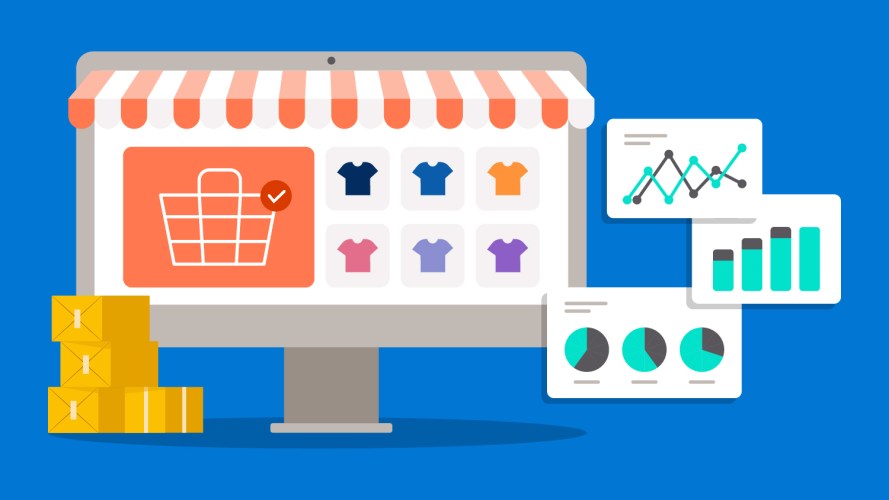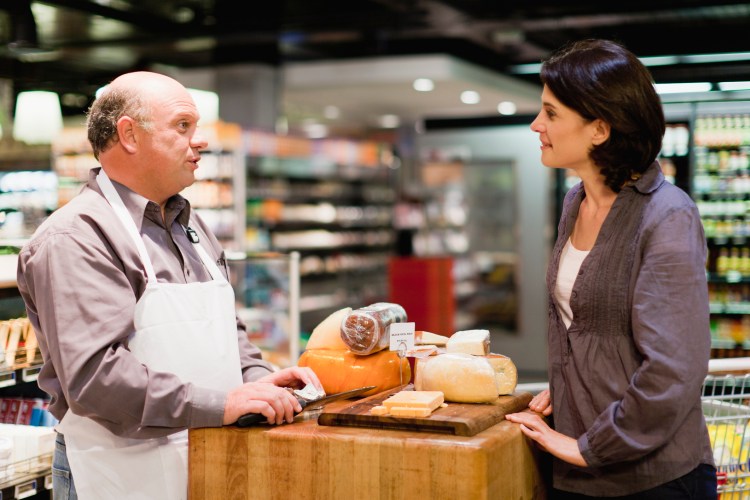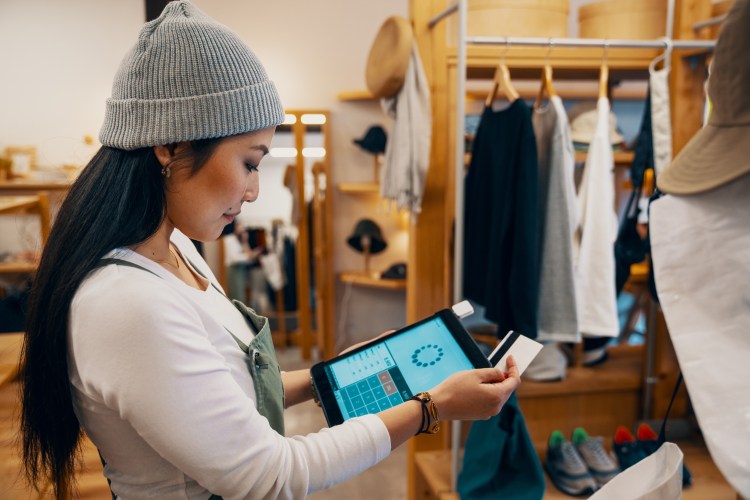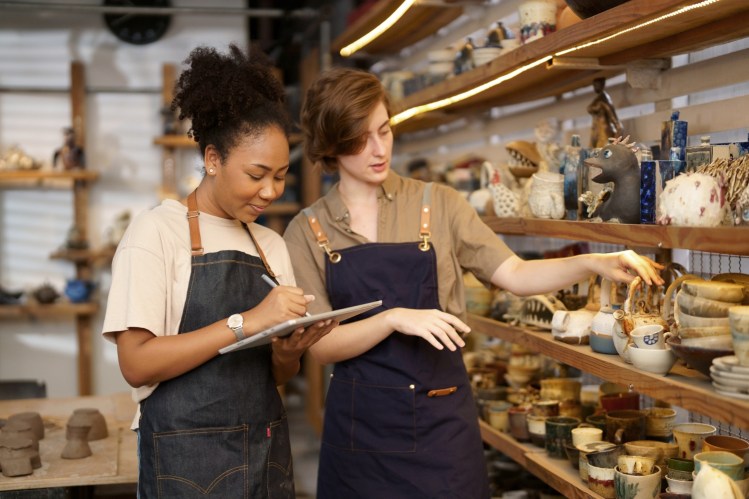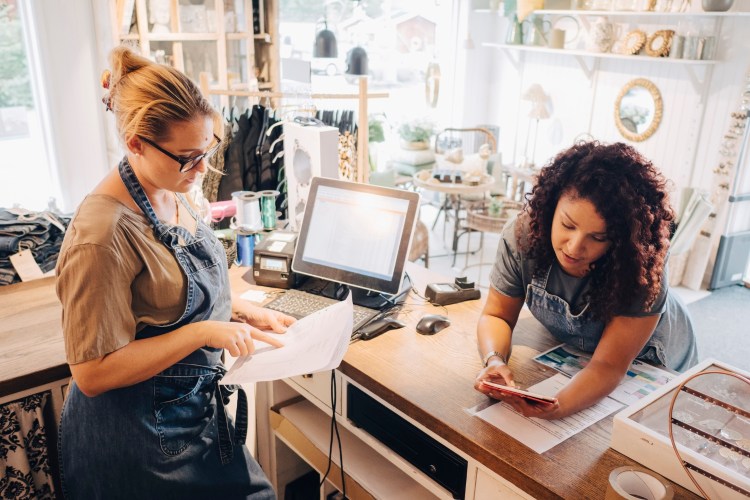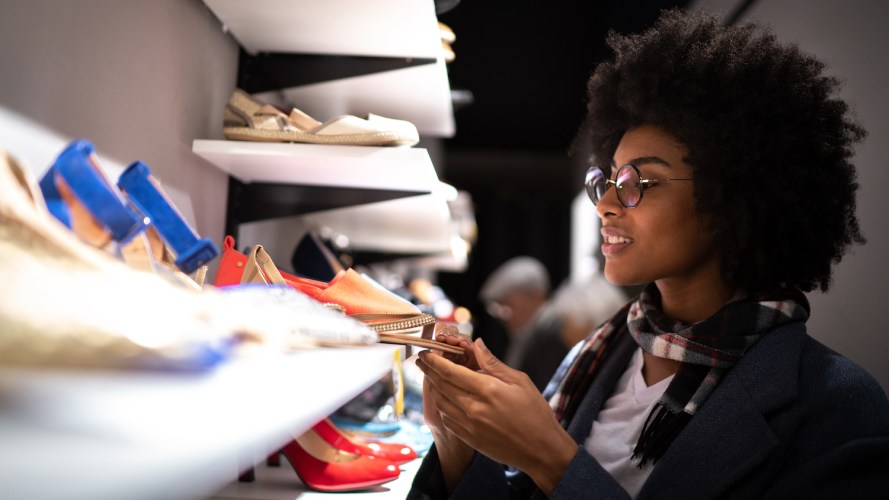Triple-Digit Growth: How COVID-19 Is Accelerating Shoe Carnival’s Digital Transformation
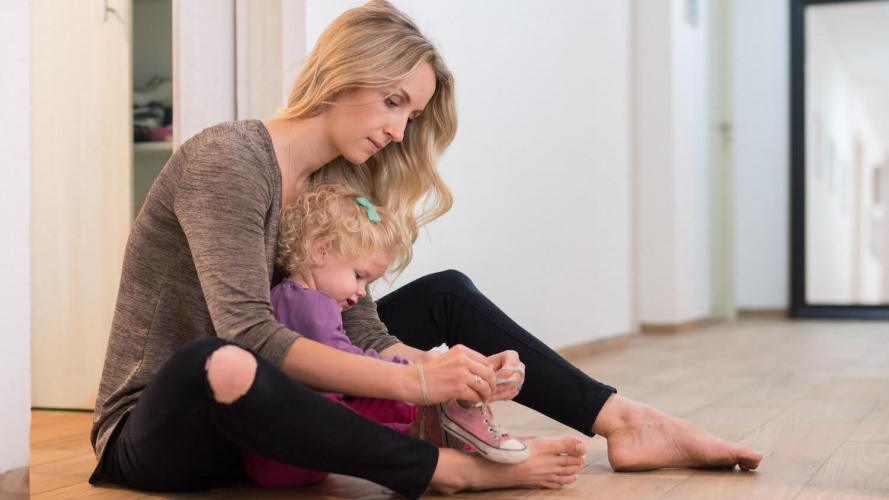


Humanity, commitment to customers, and an eye to the future power this extraordinary story of retail resilience.

Jessica Ding
Like many retailers, Indiana-based family footwear company Shoe Carnival abruptly closed its 383 stores across the Midwest and south when COVID-19 arrived. Suddenly, their leadership team faced difficult decisions: Should they furlough store employees? Cut back or cancel orders from suppliers? Or, pause their investments in digital?
The choices they made highlighted the company’s humanity, commitment to customers, and their eye to the future. Here’s Shoe Carnival’s extraordinary story of resilience.
A quick pivot to online selling
When physical stores temporarily closed, Shoe Carnival reassured shoppers they could still rely on the retailer’s website and custom app for shopping. Shoe Carnival also offered free shipping to all members of Shoe Perks, their 25 million member-strong loyalty program.
Commerce Cloud powers Shoe Carnival’s website, so the brand was ready to handle the influx in traffic. They made smart merchandising decisions to meet new customer needs. For example, they adapted the website and marketing messages to showcase shoes for a work- and learn-from-home world — such as slippers and athletic shoes. They also use Tableau to help them analyze their customer relationship management (CRM) data to better understand customers.
Shoe Carnival also found ways to recreate some of the unique parts of the store experience digitally. Every retail location has a physical spin-to-win wheel where customers can receive discounts or other prizes, such as $5 off a purchase.
Because of these quick pivots, Shoe Carnival’s ecommerce site did well because they had enough cash flow to keep the business afloat while stores were closed. During the time period when brick-and-mortar stores were closed, ecommerce sales increased over 350%, and increased 332% during the second quarter of fiscal 2020.
Looking out for every employee
While other companies may have furloughed or laid off employees, Shoe Carnival kept every person on their payroll. In addition to the gains from their ecommerce site, executives gave up a percentage of their salaries.
With a strong omni-channel strategy already in place, the company also was well repositioned to utilize store associates to fulfill online orders at retail locations. And, since stores never lost their staff, the reopening process was quick and easy. By late May, Shoe Carnival reopened a majority of stores, with 95% fully operational by the second week of June. Even so, Shoe Carnival continued to use stores for fulfillment purposes with the option for customers to buy online, pick up in-store (BOPIS).
Keeping an eye on the future
When the pandemic started, many companies cut back on inventory, unsure what the future held for customer demand. Shoe Carnival kept their focus on their busiest time of year, the back-to-school season, and ordered enough inventory to meet forecasted demand — and are moving toward same-day delivery.
Shoe Carnival even went one step further and added Service Cloud during the back-to-school season to provide personalized assistance to customers across digital channels. By connecting commerce and service, agents interact with customers on their channels of choice. With access to relevant customer data, agents become stylists, recommending products, and delivering the most personalized experience to customers.
Lastly, in line with the global trend toward social commerce, Shoe Carnival’s social selling is substantially higher than what it was last year. Because of this, Shoe Carnival is using Social Studio for social customer care, social listening, and case management.
Reporting record results
With a future-forward mindset and commitment to employees and customers, Shoe Carnival saw incredible results. Net sales in the second quarter were an all-time quarterly record of $300.8 million and the company opened two new stores. Meanwhile, sales at existing stores grew 12.6%. The company added Under Armour products and continues to be one of the premier destinations for Nike shoes in the family footwear channel.
With the essential digital building blocks in place, Shoe Carnival was able to quickly pivot to deliver exceptional customer experiences during exceptional times.
To learn how you can stay one step ahead for whatever comes next, discover the tips and tactics in The New Retail Playbook.











